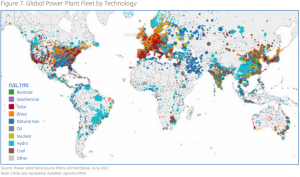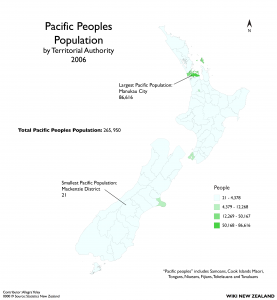Meet Daisy Shepherd – Statistics Summer Scholarship recipient
This summer, we have a number of fantastic students who received a Department of Statistics scholarship to work on fascinating projects with our staff members. We’ll be profiling them here on Stats Chat and we’d love to hear your feedback on their projects!
Daisy is working with Steffen Klaere on a research project entitled ‘What drives a phylogenetic inference?’
Daisy explains:
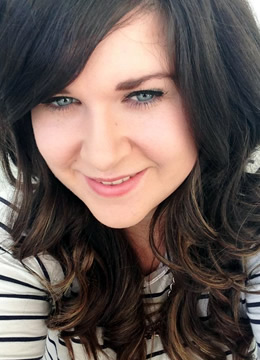 “Phylogenetic inference aims at deriving the most likely ancestry of a set of species, as well as information relating to evolutionary speed and potential related events. It is an important process in which we wish to classify the history of an organism, but we don’t know that history. Thus, we must infer the evolutionary transformations that have taken place, to provide the best estimate of the true phylogeny.
“Phylogenetic inference aims at deriving the most likely ancestry of a set of species, as well as information relating to evolutionary speed and potential related events. It is an important process in which we wish to classify the history of an organism, but we don’t know that history. Thus, we must infer the evolutionary transformations that have taken place, to provide the best estimate of the true phylogeny.
“However, there is one unresolved question in this field – how do we measure the goodness of fit between an inferred model and the actual data we have been provided with? This question remains as a significant area of uncertainty within the major world of phylogenetic inference.
“Thus, the project aims at developing methods that identify data points as outliers. This will allow us to further develop our understanding of whether a suggested ancestry is actually an ideal candidate for a specific organism’s genetic data.”
More about Daisy:
“I am very grateful to have been given this project over summer, and am extremely excited to enter into a different learning environment other than undergraduate study. Having completed my Bachelor of Science majoring in Mathematics and Statistics, I am returning in 2013 for an Honours programme. Ever since high school, I have always been fascinated by the logic and nature of these subjects, which naturally led me to studying them at university. As I ventured through my degree, I further developed my enthusiasm for statistics and increased my awareness of its significance not only within practical situations, but also within everyday real-life situations.
“Outside of my project, I am excited to be reunited with my brother visiting from England, who I have not seen for almost four years! Hopefully I will be exploring more of New Zealand’s beautiful scenery, and shall be attempting to tan my consistently stubborn, pale English skin.”
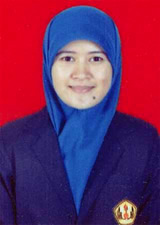 “There is an urgent public health need to reduce obesity. Research from other countries indicates food portion sizes have been increasing parallel with rates of obesity, and are an important contributory factor. But no information currently exists on how New Zealand adults’ food portion sizes are changing over time.
“There is an urgent public health need to reduce obesity. Research from other countries indicates food portion sizes have been increasing parallel with rates of obesity, and are an important contributory factor. But no information currently exists on how New Zealand adults’ food portion sizes are changing over time.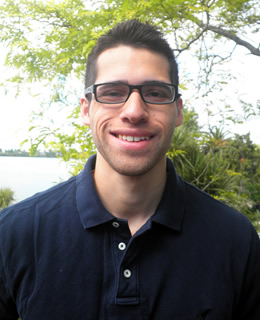 “A Voronoi treemap is a graphical, non-rectangular representation of hierarchical data. Voronoi Treemaps are often used to represent population data (subdivisions within the Voronoi treemap represent elements of the population and their respective weights). There are currently algorithms in place that allow a user to generate Voronoi treemaps; however, the algorithms are slow and unstable.
“A Voronoi treemap is a graphical, non-rectangular representation of hierarchical data. Voronoi Treemaps are often used to represent population data (subdivisions within the Voronoi treemap represent elements of the population and their respective weights). There are currently algorithms in place that allow a user to generate Voronoi treemaps; however, the algorithms are slow and unstable.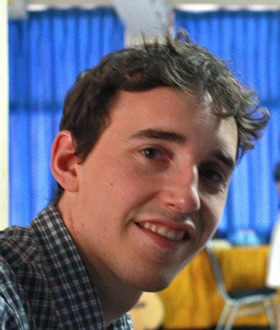 Glenn explains:
Glenn explains: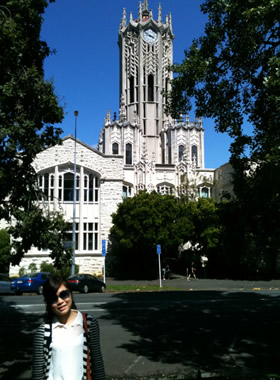 Huan explains:
Huan explains: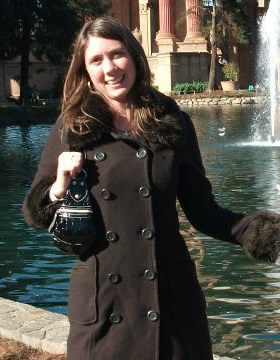 Kimberley explains:
Kimberley explains: 